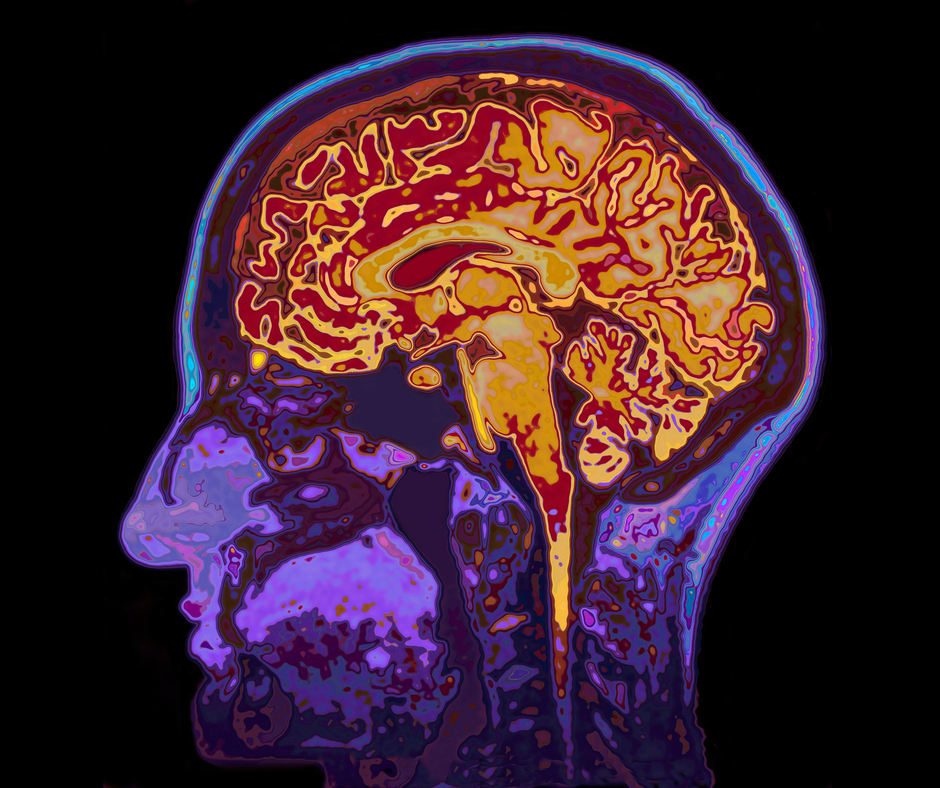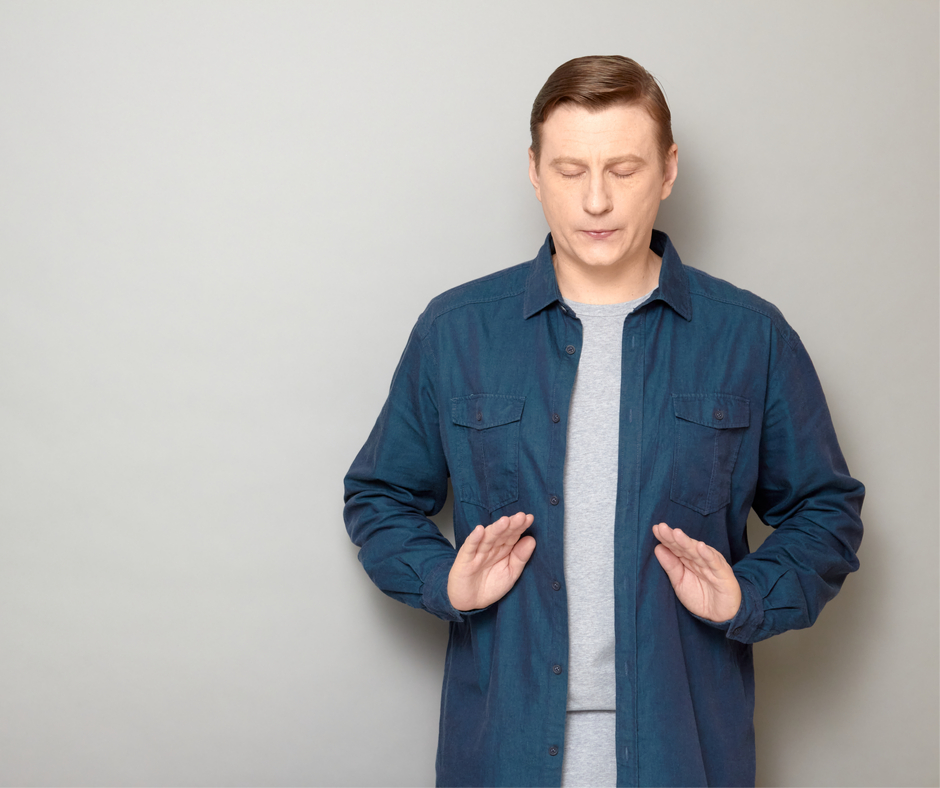Posts by Youth Challenge
Finding the Courage to Grab Your Lifeline
He was famous in his field: a psychiatrist and professor at the local Ivy League university. A flyer initially drew me to one of his lectures.
As he spoke, it felt like my mind was exploding into millions of revelations. He spoke about things I’d always suspected, but had never known much about. And he showed, through studies and his own experience treating patients, how it worked. And it did work. I felt hope start to rise within me.
Finding the Courage to Grab Your Lifeline
He was famous in his field: a psychiatrist and professor at the local Ivy League university. A flyer initially drew me to one of his lectures.
As he spoke, it felt like my mind was exploding into millions of revelations. He spoke about things I’d always suspected, but had never known much about. And he showed, through studies and his own experience treating patients, how it worked. And it did work. I felt hope start to rise within me.
The Science of Addiction and the Brain
Scare tactics about the impact of addiction are common, but the science speaks for itself.
If you’re of a certain age, you probably are familiar with the famous “This is your brain on drugs” PSA. In the 30-second spot that aired in the 90s, a man holds up an egg (“This is your brain”) before smashing it into a frying pan (“This is your brain on drugs”).
The idea of drugs damaging the brain has long been used to try to prevent people from using drugs, or to get them into treatment. While there is truth to the scare tactics, the full picture is much more interesting — and concerning.
Read MoreWhy Acceptance is an Essential Part of Recovery
Acceptance is often times an essential part of recovery. When one is new to sobriety, it can be difficult to accept the new version of themselves. Learning how to see your circumstances clearly and live life on life’s terms can open the door to a whole new level of emotional sobriety. Below are just some of the ways in which acceptance can aid in your healing and enhance your recovery.
Read MoreIs “Vitamin No” the Best Self-Care Supplement?
Self-care is frequently pushed as a key to wellbeing. In the realm of addictive problems, family members are encouraged to put ‘self-care’ first as a way of curbing over-involvement in the lives of someone with addictive problems. People with addictive problems are encouraged to find healthier ways to practice self-care. Therapists are trained to implement self-care to manage the stresses and pressures of clinical practice. Few argue against the merits of taking care of oneself, but simple and effective techniques for how to practice self-care often leave much to be desired. This article will explore what is perhaps the most effective and simple tactic of practicing self-care – a healthy dose of ‘Vitamin-N,’ aka, saying no.
Read More10 Reasons Why People Abuse Drugs
The reasons why people use drugs vary greatly for every individual. More often than not, a person is trying to fix an issue within their life and they see drugs as the solution.
A young person may be trying to fit in with their peers and views using or alcohol drugs as a means of feeling “a part of.” In contrast, many individuals use drugs as a way to self-medicate. From chronic pain to mental health disorders, many people use drugs to alleviate symptoms of an ailment.
Read More5 Ways To Quickly Calm Down In Moments Of Stress Or Anxiety
Stress is a human reaction to many events or environments. Acute stress can appear and disappear quickly, without lingering effects. Chronic stress, however, can take a toll on a person. Living with chronic stress can damage the mind and body. It could also fuel an addiction, unless you have go-to methods for quickly calm down when stressed.
Use A Deep Breathing Technique
Breathing techniques are a foundation for combating stress or anxiety. Breathing is something we can control, making it useful for relaxing and clearing the mind.
I’m Addicted…And I Just Don’t Care Anymore
Have you ever felt like you understood and shared another person’s experiences and emotions? The ability to share someone else’s feelings is called empathy. And if you’ve never known substance abuse, you may take this ability for granted.
Those struggling with addiction often lack the capacity to tune into the emotions and behaviors of others. Along with so many other important pieces of their lives, the addiction seizes their empathy.
Read MoreFeeling Unsteady in Recovery? Take a Break From Social Media
Social media is everywhere these days, and despite its ubiquitous use, these platforms can have some detrimental effects – especially for anyone trying to maintain their sobriety.
Social Media and Your Recovery
Here’s how social media use might be negatively affecting your recovery:
Read MoreAre You Enabling Your Loved One’s Addiction?
When someone you care about is suffering from substance abuse disorder (SUD), your instinct may be to do whatever you can do to help them. However, even with the best of intentions, you can do more harm than good if the help you offer is actually enabling.
Enabling. What does that mean, anyway? It means that even if your intentions are in the right place, when you offer help to your loved one who is struggling with addiction, the help you give inadvertently perpetuates the problem.
Read More







